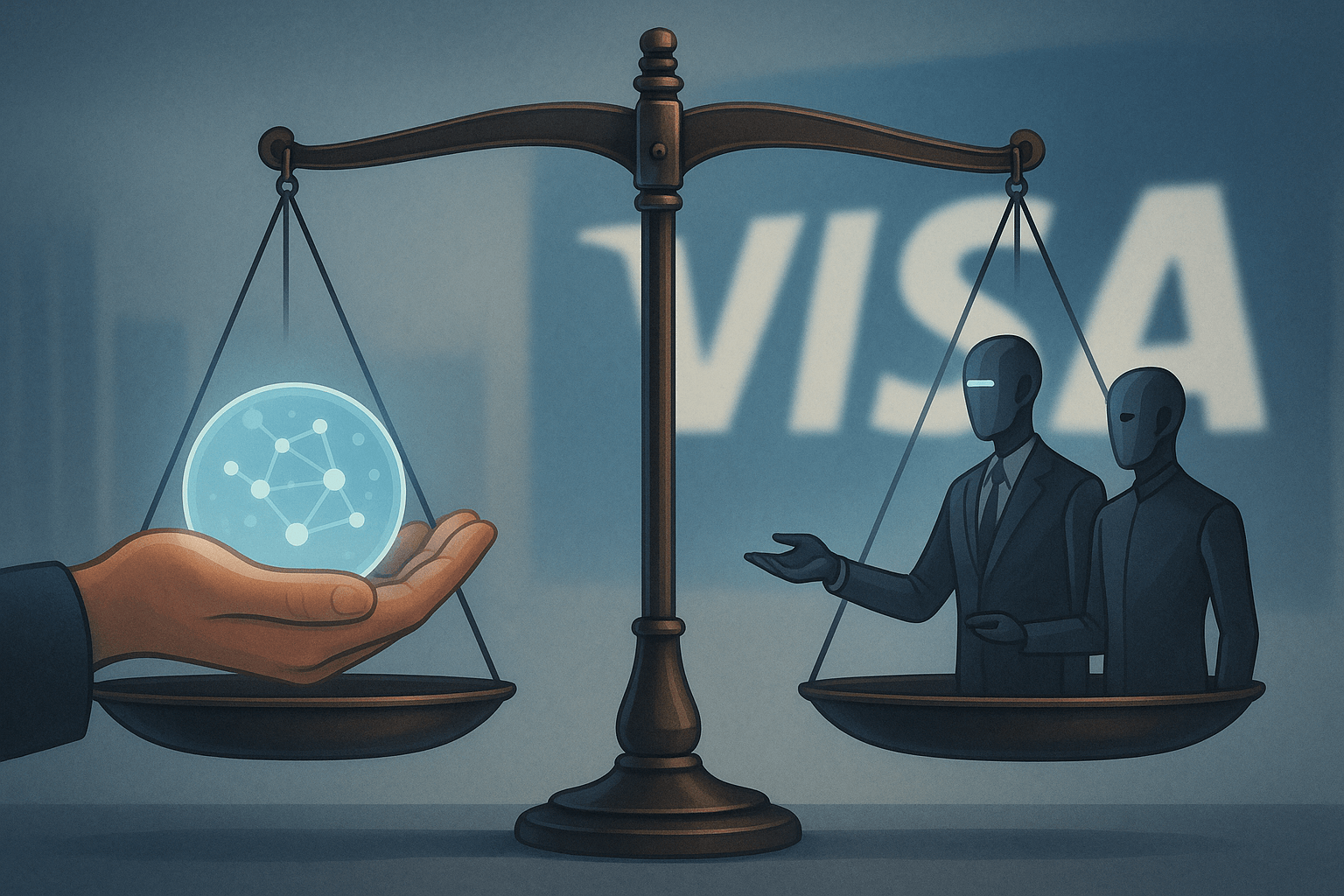Solid, an open standard championed by web pioneer Sir Tim Berners-Lee, was envisioned as a radical step toward data sovereignty and digital autonomy. Its fundamental promise was simple yet revolutionary: enable users to own and control their personal data, breaking free from centralized platforms and invasive surveillance capitalism.
However, Visa’s recent announcement framing Solid as the foundation for their Agentic Commerce initiative prompts important reflections on the unintended pathways open standards can take. The marketing gloss by Visa and Inrupt emphasizes the ease, convenience, and security of AI-driven personalization through standardized data exchanges. While attractive, this convenience carries subtle but profound implications for Solid’s original mission.
From Personal Data Liberation to Standardized Consumption
Solid originally emerged as a powerful countermeasure to data monopolies, aiming to redistribute power back to individuals through data pods—user-controlled containers of personal information. In its original context, the standard served as a defensive architecture, reinforcing individual privacy and autonomy.
Yet Visa’s adaptation illustrates a critical pivot: what began as a liberating force for personal empowerment risks becoming a streamlined pipeline for AI-driven consumerism. The essence of Solid as a personal empowerment tool subtly shifts towards facilitating AI agents optimized primarily for commerce.
Visa’s new “Agentic Wallets,” based on Solid, promise personalized, frictionless consumer experiences. But this raises significant concerns: as merchants, financial institutions, and AI intermediaries integrate into this standardized framework, individuals who choose not to participate—or who limit data sharing—might become functionally invisible within digital markets. Thus, opting out of full engagement with standardized data exchange could unintentionally marginalize users, defeating Solid’s goal of inclusive empowerment.
Standards: A Double-Edged Sword
Standards, by their very nature, are neutral tools that reflect the values and objectives of those who adopt them. Visa’s embrace of Solid highlights this critical reality: open standards can facilitate empowerment or entrench existing power structures, depending on their implementation.
It’s crucial to recognize Visa’s legitimate aim to simplify complex interactions and enhance user convenience. However, the integration of Solid within their commercial agenda demonstrates how quickly an empowerment tool can transform into infrastructure optimized for corporate data flows, albeit with user consent.
Real Control or Illusion of Consent?
Visa emphasizes consumer consent as a cornerstone of their approach. While technically valid, consent-based frameworks within pervasive commerce contexts are often problematic. Consent fatigue and implicit coercion—where refusing consent results in diminished or no service—can erode the genuine autonomy Solid was meant to protect.
Moreover, the seamless integration of AI-driven insights and recommendations, though beneficial on the surface, significantly increases the incentives for continuous, possibly intrusive, data collection. Users could be nudged into oversharing personal information simply to ensure basic service functionality.
Reclaiming the Vision
The critical reflection here isn’t aimed at condemning Visa’s use of Solid outright but rather serves as a cautionary tale. As stakeholders in open standards, it is our collective responsibility to ensure that the foundational principles of personal autonomy and privacy do not erode under commercial pressures.
Visa’s move highlights the urgent need for vigilant community oversight and proactive engagement in shaping the ethical frameworks around standards like Solid. Only through sustained attention and intentional governance can Solid’s original vision—a genuinely user-empowered digital landscape—be preserved against unintended appropriation.
In conclusion, Visa’s Agentic Commerce initiative serves as a crucial reminder that standards alone cannot guarantee freedom or autonomy; rather, it is our ongoing vigilance and principled stewardship that determine whether open standards empower us or quietly facilitate new forms of dependency.

Leave a Reply